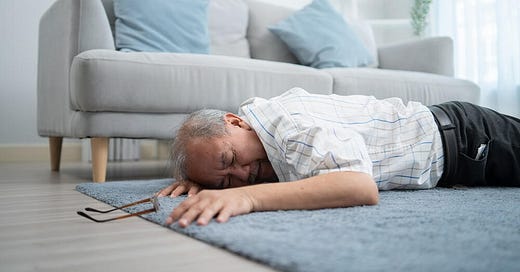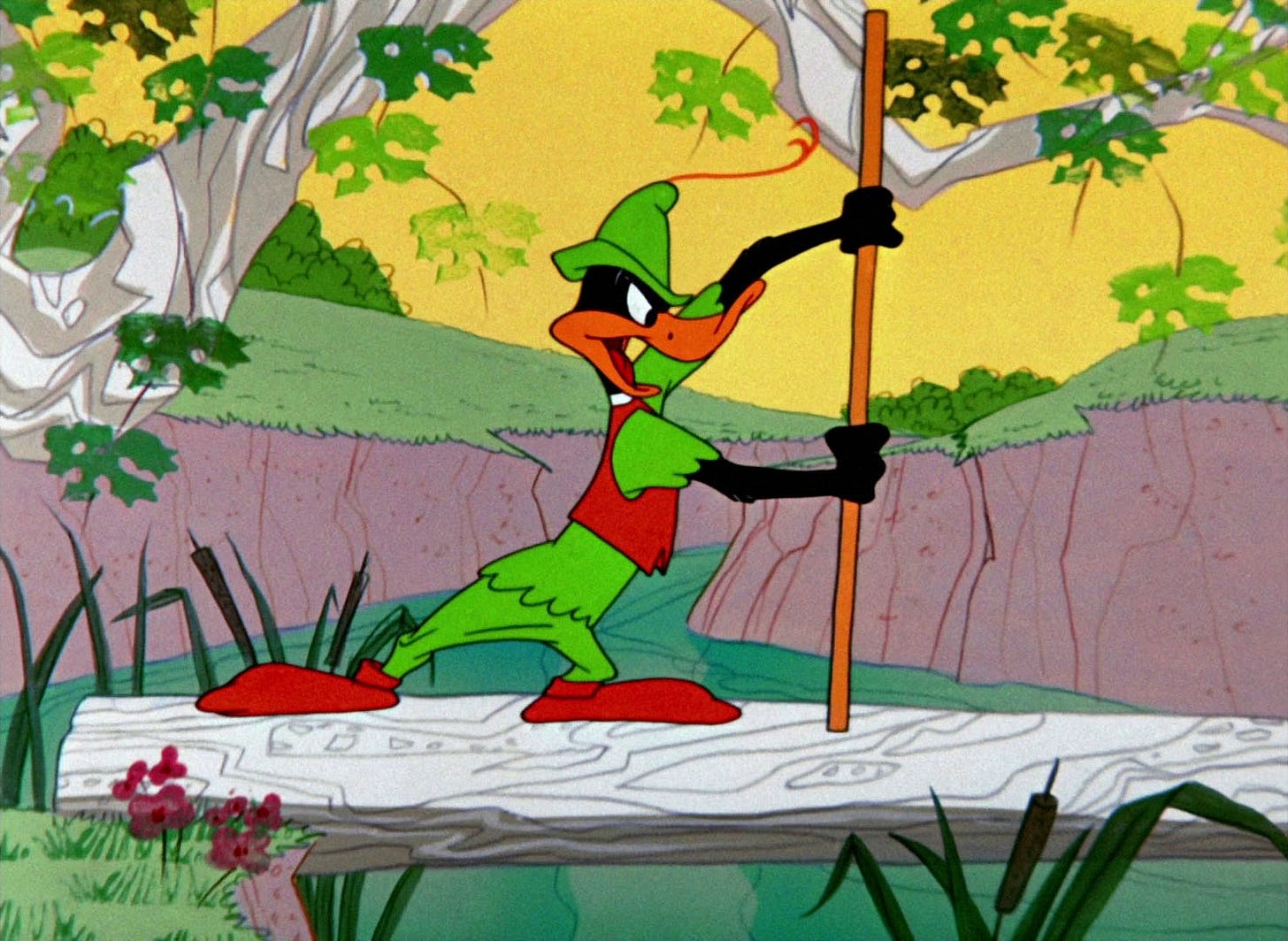I have decided that as an emergency medicine physician, I have a sub-specialty. Henceforth I will refer to myself as a 'gravitologist.'
My darling wife used to say, when she tripped, that she had experienced a 'gravity storm.'
I feel as if every day in the emergency department the staff fight a running battle against gravity.
In fact, I see young patients complaining of falls more than ever. Perhaps an endless diet of streaming videos and sedentary existence causes young brains and bodies to just stop trying. An ankle sprain, a knee contusion, not even a fracture, and younger and younger people seem incapacitated. As one young woman said to me, after a fall onto her knee with a negative x-ray, 'well if it's not broken then how come it hurts, huh?'
I responded, not without sarcasm, 'well, it's bruised. You know?' But I really don't think she knew.
Sadly, we have so many sedentary young people, glued to phones, raised on screens, that it may well be that many of them just honestly never learned that bruises hurt. (It was a thing that we learned from an ancient technology called grandmothers back in the day. 'Get back outside, it's just a bruise. You're fine. Have a cookie.' Now THAT was medicine!)
I remember other things from my youth. Balancing on rocks in the creek. Walking on ice in the creek. Falling in both instances. I remember fighting friends using sticks, standing on fallen logs across ravines.
Every day we could be outside, our muscles, our joints, our brains learned movement, balance, position. Up hills, down hills, gravel, climbing, it was all conditioning. I know it’s an old person thing to say, but this is based in what I see. I fear that a generation of young people will become a generation of old people who simply fall down more than ever.
The situation is much worse, however, because we have an aging population. And not only so, an aging population with many physical ailments. This is partly the result of the excellent medical care that allows them to survive and endure serious physical illnesses and injuries and live longer and longer lives. But I believe we have more falls in the aged because of the hard reality that as a nation, as a civilization, we're just out of shape and weak.
The 'system' isn't prepared for this. Medicare, private insurers and hospitals struggle with the idea that a person who can't walk can't go home. Family members are also in a difficult situation. I frequently hear patients say 'she needs to be admitted.' And when I can't find a good reason, as hard as I try, they say 'well, we simply can't take her home.'
In particular, a person can't go home if he can't walk, or even pull up into a chair, and is very large. A 70Kg wife simply can't manage an unstable 150 Kg husband when both are in their later years. Likewise, a skinny husband can't handle an amply proportioned wife. It's not judgement. It's not 'fat-shaming.' It's not policy.
At some point it's simply physics.
All day and night we hear ambulances toned out for fall assistance. Ambulance calls for fall with injury. Seniors with falls from a standing position are sicker than ever with neck and head injuries, rib fractures and other significant trauma. Many of them are also taking sedating medications as well as potent anticoagulants, both literally prescriptions for disaster.
CDC reports that falls are the leading cause of death for seniors age 65 and older. That’s sobering!
https://www.cdc.gov/falls/data-research/index.html
Health care as a whole must to come to terms with this. However, we can only add so many nursing homes, so many fall-prevention devices, so much home health care. Our ability to deal with diseases that come with age, such as heart disease, stroke and cancer, is remarkable and constantly improving. But humans are going to have to decide to stay fit, and get strong, in order to navigate the gravitational ravages of age.
We need to encourage everyone to see obesity as a deadly disease and incapacity as a thing to be avoided as long as possible, to be struggled against rather than embraced as the relaxing reward of a long life.
There are those who can't help it; those simply unable to engage in any fitness-related activities; unable to get stronger for myriad reasons. But there are all too many who choose not to bother.
Our ancestors knew that if you were too weak you would die. I often think about the people I see now; people who fall at home or in stores, breaking hips or arms or ribs. Sometimes having more serious injuries. Sometimes they aren’t rescued in a timely manner, but typically they are whisked off to the hospital in an ambulance.
I then think of our human ancestors, ancient and more recent, for whom a fall and fracture was simply…death. No phone on the hunt, no ambulance to the farm, no hospital in the village. They often lay there as life ebbed away, loved ones largely powerless.
Modern man loves the idea of evolution in the abstract, failing to realize that part of evolution is being removed from the gene pool; a thing which gravity has done quite nicely since, well, forever.
It is indeed a blessing that we can delay death so handily with our incredible science. And yet, a curse. Because humans in modern societies simply rely on medications and hospitals and their workers to do do for them the things their bodies are already equipped to do, with only a little attention.
Gravity is a killer; but it doesn't have to be a killer.
All human beings who can should walk, work, move, lift. Get a trainer. Work hard to get stronger. Limit calories. Stay mobile. All of which will allow them to live better. As physicians, we should encourage this with all the passion we urge vaccinations, seat-belts and smoking cessation.
Without fitness, without strength, that gravitational acceleration of 9.8 m/s2 will land more and more people in the hospital; and finally in the ground. Where, of course, gravity will continue to pull, they just won't notice.

The thing is, I know what I'm talking about.
I AM a gravitologist, after all!
Edwin





When one of our kids ran in with a "boo-boo", I'd begin with, "Show me the blood!" And then, of course, evaluate them. (retired 76yo ED doc).
Great read and so true.
Having seen so many elderly precariously balanced with multiple medications and maladies over the years, who fall and usually fracture a hip - and then the cascade of upending those other balanced medical issues begins. Its like Senior Jenga.